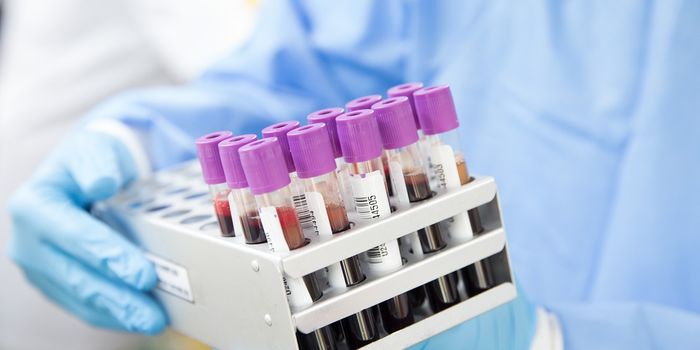New Findings Drive Home Cancer's Vast Genetic Diversity
A common misconception is that cancer is caused by a single mutation in the genetic code. In many cases, however, the single mutation is just the beginning of a cascade of genetic changes that snowball out of control. The complexity of these changes are highlighted in the most recent study of cancer, showing that just one type of cancer contains over 2,000 different variations alone.
"A tumor is not a single disease," said Dechen Lin, assistant professor and research scientist in the Division of Hematology and Oncology in the Cedars-Sinai Department of Medicine, and the study’s co-author. "It's many diseases within the same person and over time. There are millions of cells in a tumor, and a significant proportion of them are different from each other."
In particular, cancer has been described as a process of clonal expansion by Bert Vogelstein, a leading cancer geneticist from Johns Hopkins. Essentially, mutations begets more mutations as cancer continues to divide and proliferate. So, by the time the cancer becomes advanced, the original mutation is now just one in a sea of other mutations.
But while cancer biologists new cells from a single tumor sample could be wildly different, they didn’t know the degree to which the differences can occur.
To study cancer’s heterogeneity, researchers from the Cedars-Sinai Medical Center focused on esophageal squamous cell carcinoma - cancer that occurs along the pipe that connects the throat and the stomach. With 51 samples from 13 patients, the team catalogued the variety of mutations that they found. They included mutations at the DNA level, as well as mutations at the epigenetic level.
In total, the team found a whopping 2,178 different genetic variations. This number is staggering considering the small number of patients and samples sizes that they started with. The vast number of changes underscores the deep complexities within cancer that we are only beginning to unravel.
"This study is on the leading edge of looking within a tumor for heterogeneity, or variations, across patients and within the same patient. It also is one of the very first studies to look at epigenetic changes from different areas within a single tumor in a global way," said Benjamin Berman, the study's co-senior author.
Considering the vast genetic diversity within the tumor and within any person, it’s a wonder that any drug works as expected. But in the case of treating cancer, the complexities of a single cancer type can explain why so many drugs do fail. In particular, drugs that target a particular pathway or mutation can very easily be thwarted by the thousands of other mutations at play within a cancer environment.
"Evidence suggests that tumor heterogeneity is one of the major causes of drug resistance and treatment failure in cancer," said H. Phillip Koeffler, professor of Medicine and the Mark Goodson Chair in Oncology Research at Cedars-Sinai, and the study’s co-senior author. "In light of this situation, deciphering the genomic diversity and evolution of tumors can provide a basis for identifying new targets and designing personalized medicine strategies."
Additional source: Cedars-Sinai Medical Center.









